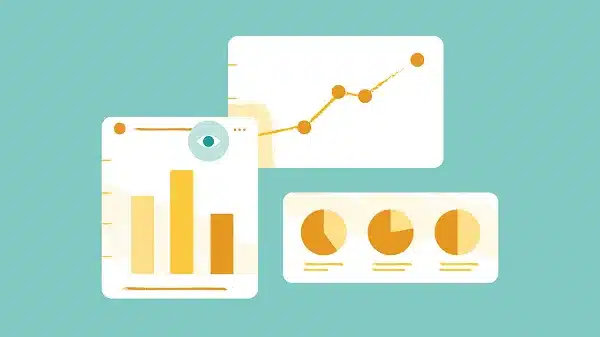As we head towards the U.S. Election, as well as various other critical polls around the world, Meta is gradually opening up more access to its data for academic purpose, which will help to provide further understanding as to how social platform influence political shifts.
After announcing a new research partnership with the Center for Open Science (COS) last month, Meta is now also making more content from public figures accessible to researchers, in order to assist in measuring the impact that their activity on Facebook and Instagram has on politics, society and culture.
As explained by Meta:
“In the coming weeks, we’re making it possible for researchers to download certain publicly-accessible content posted by public figures and widely-known figures and entities. This data will be accessible in a downloadable CSV format through the Meta Content Library user interface and won’t require access through a virtual clean room.”
The update will facilitate insight into the broader impact that content on social media can have on public discourse, which is critical to measuring opinion shifts, and how public figures can influence how people act.
“In the next few months, we’ll also be adding ‘comments’ as a new data type within the Meta Content Library. This will help researchers study how people around the world receive, discuss and reinterpret content across publicly-accessible pages and posts. We’ll be starting with comments from public forums on Facebook, which researchers will be able to analyze within the Inter-university Consortium for Political and Social Research’s virtual clean room.”
On a related front, Meta is also updating its Data Protection Assessment questionnaire for developers, which is designed to vet applications for data access.
Meta, of course, has been very cautious about its data access programs since the Cambridge Analytica scandal in 2018, in which data that had been intended for academic research was then on-sold to political groups as part of an unapproved advisory business. Meta was fined a record $5 billion by the FTC for the privacy breach, with the settlement also including new regulations around the use of user data, as well as clauses to implement more protections against similar misuse in future.
Since then, Meta has only approved selected projects, and has restricted all access. But now, it’s slowly facilitating more avenues for research, which could provide valuable insight into the broader influence of social apps, especially, as noted, in a critical election year.
It also comes after Twitter, now X, restricted access to its data, with the primary focus being to stop generative AI projects from using such to fuel their models.
In combination, these restrictions have limited broader understanding of the latest social connection and influence trends, which can provide vital notes on how people are getting information, and subsequently, how such systems can be improved.
As such, this is an important update, and while it only relates to academic research for now, such initiatives will hopefully highlight how society can benefit from such, which will see Meta provide more data insights in future.
You can read more about Meta’s academic research programs here.



